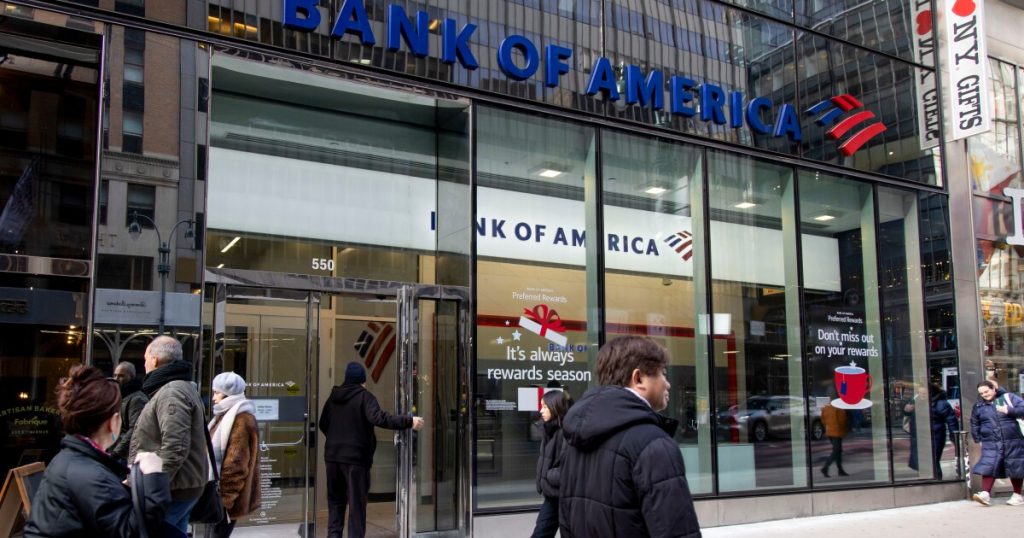Bids were due two weeks ago for the portfolio of so-called jumbo mortgages from U.S. homeowners with relatively high credit scores, as previously reported by Bloomberg. TD has been adjusting its balance sheet lately to comply with a roughly $434 billion cap on its U.S. retail banking assets, imposed last year by regulators as part of a guilty plea for
The bank’s possible jumbo mortgage sale to
Jumbo mortgages are loans so large they aren’t allowed in government-supported programs, as they exceed the size limit of conventional loans bought by government-backed entities like Fannie Mae and Freddie Mac. Borrowers taking out those loans tend to be wealthy and have prime credit ratings.
U.S. banks’ appetite for mortgages including jumbo loans could increase now that anticipated regulations, known as
TD became the first bank to plead guilty to money-laundering conspiracy, marking a historic resolution to a yearslong compliance saga that is not only the most expensive case of its kind but will also prove to be a massive hamstring to the Canadian bank’s stateside operations.
The bank pleaded guilty in October to criminal charges that it blundered its anti-money-laundering controls, allowing hundreds of millions of dirty dollars to be run through its channels. Attorney General Merrick Garland said at a press conference that by helping criminals, TD “became one” itself, creating “an environment that allowed financial crime to flourish.
TD agreed to pay $3.09 billion in fines, which was
The costly bookend to TD’s compliance saga came more than a year after the bank first disclosed a U.S. Department of Justice investigation into its anti-money-laundering controls. The investigation, which also included the Office of the Comptroller of the Currency, the Treasury Department’s Financial Crimes Enforcement Network and the Federal Reserve, found that the bank violated the Bank Secrecy Act and allowed the movement of money from drug sales and human trafficking, even though
The DOJ identified at least three money-laundering schemes to move more than $670 million in illicit funds between 2019 and 2023. In connection with those crimes, the Justice Department has charged two dozen people, including two bank employees.
In one instance, a person known as David moved more than $470 million through TD’s U.S. branches, bribing employees with more than $57,000 in gift cards. More than once, this person deposited more than $1 million in cash in a single day, then immediately used bank checks and wire transfers to move the money out of the bank.
The DOJ found that TD employees knew David’s transactions were likely illegal, citing an email from one branch manager to another, which said, “You guys really need to shut this down LOL.”
Catherine Leffert contributed to this article.
